 “You might call them ‘Alpha Dads,’ guys who are as serious about their parenting as they are about making partner. . . . They don’t believe in ‘balance.’ They believe in getting what they want, even if it’s time to yell at their 5-year-olds from the sidelines of a soccer game on a Wednesday afternoon.” “
“You might call them ‘Alpha Dads,’ guys who are as serious about their parenting as they are about making partner. . . . They don’t believe in ‘balance.’ They believe in getting what they want, even if it’s time to yell at their 5-year-olds from the sidelines of a soccer game on a Wednesday afternoon.” “
There’s no denying it. The world has changed. This isn’t “Leave it to Beaversville” or “Ozzie and Harriet Land,” and most members of the rising generation won’t even know what I just said.
Just so everyone is on the same page, what I’m saying is that the challenges facing working women today aren’t the same as those of our mothers and grandmothers. As a woman who cares desperately for her career, her husband, and her children (and not necessarily in that order), Sandberg isn’t lamenting along with Adele that “we could have had it all.” Instead she explodes the myth that women can have it all—meaning a successful career, a clean house, nutritious dinner on the table at 6pm, a fit body, and plenty of time to devote to husband and children.
Lean In Ch 9: The Myth of Doing it All is a healthy reality check for working moms (dads too), and I suspect will also touch down in surprising ways for single women and empty nesters who also struggle to achieve that illusive “balance” in their lives.
Sandberg’s Take
From her poised, professional image online, no one would guess Facebook’s famous COO struggles to find a livable balance between career and family or feels a stab of guilt for sending her young son to school on St. Patrick’s Day in a blue T-shirt.
Once again, Sheryl doesn’t hide behind pretense or preach to other struggling souls from on high as the woman who has figured it all out. She’s up front with her fierce and ongoing struggle to keep up with the demands of career and longing/needing to be with her children and how she’s become more realistic and careful about focusing on what matters most.
“Each of us makes choices constantly between work and family, exercising and relaxing, making time for others and taking time for ourselves. Being a parent means making adjustments, compromises, and sacrifices every day. For most people, sacrifices and hardships are not a choice, but a necessity.” (p.122)
Working mothers who labor under guilt for not being omnipresent for their children will be pleasantly surprised to learn that a study in 1975 found working moms spent 6 hours per week on average on “primary child care” compared to 11 hours for stay-at-home mothers. Today, those numbers have jumped to 11 hours for working moms and 17 for those at home. (p.134) Meaning on average working mothers today “are spending the same number of hours with our kids as our mothers did.” (p.135)
It’s also reassuring to learn that extensive research also found no developmental differences between kids raised with stay-at-home and working mothers. (pp.135-136)
Besides guilt, some of the other culprits Sandberg identifies that are driving women to strive for unrealistic goals are comparisons, perfectionism, and the wonders of technology that make it possible to work 24/7.
“Like me, most of the women I know do a great job of worrying that we don’t measure up. We compare our efforts at work to those of our colleagues, usually men, who typically have far fewer responsibilities at home. Then we compare our efforts at home to those of mothers who dedicate themselves solely to their families.” (p.123)
The Facebook slogan, “Done is better than perfect,” helps her battle perfectionist tendencies and forced her to take control of her workday and schedule.
“I became much more efficient—more vigilant about only attending or setting up meetings that were truly necessary, more determined to maximize my output during every minute I spent away from home. I also started paying more attention to the working hours of those around me; cutting unnecessary meetings saved time for them as well. I tried to focus on what really mattered.” (p.129)
According to Sandberg, “success is making the best choices we can . . . and accepting them.” (p.139)
My Take
I never bought into the nonsense that we can “have it all.” I’m not sure where the idea originated, but to be perfectly honest, it always sounded to me like a misogynist caricature of working women as greedy and selfishly determined to maintain a lavish lifestyle at the expense of their children.
Just being honest.
For most working mothers, the struggles Sandberg describes more accurately reflect reality and the sacrifices and tough choices involved in trying to do their best on both job and home fronts.
I worked full-time during my daughter’s first year, and my seminarian husband was a stay-at-home dad. (Frank always said that year was one of the great privileges of his life). I can’t say the sacrifice was easy for me, although it helped a lot that I loved my job. I once tallied up the hours a week I spent with our infant daughter (compared to Frank) and was relieved that my numbers were greater. But then, I didn’t do much else besides home and work.
After that first tough year, I worked part-time and eventually as a full-time software developer, which meant most of my work was done at home. I scheduled my working hours around when my daughter was sleeping. Got up at 5am and went straight to the computer and worked in my pajamas until she woke up, and we started our day. Nap times I was back at the computer. Anything I didn’t get done then had to wait until bedtime.
Life was complicated to be sure, but there I learned a few things.
I learned that marriage and family was a “team sport,” that is, Frank and I had to work together as a team, juggling our schedules and covering for each other when urgent matters surfaced.
I learned that “you do what have to do.” There was no neat and tidy perimeter to my role as a mom. Some days I had to go to a business meeting while Frank had to change diapers. I had to limit my extracurricular activities to focus on who and what mattered most.
I learned that life is full of sacrifices. No one actually attains the fairy-tale dream of a perfect balance between marriage-family-work. The Adamic fall and our sin natures inevitably burst such bubbles.
Despite the challenges, this was a time of deep spiritual growth as I began to realize how the gospel itself frames the crazy, unpredictable, overwhelmingly unbalanced lives of women and of men with profound meaning and purpose. Choices and sacrifices we make to care for our loved ones and to follow God’s calling on our lives into the workplace are bound up in what it means to follow Jesus. Embracing his gospel always means self-sacrifice and putting the needs of others first no matter what our marital status or where we spend our working hours. It is in the maelstrom of this clumsy, cluttered, and complicated life that we live out the gospel and grow spiritually.
Sandberg’s advice to take control of your schedule and not to allow work or technology to fill every waking hour is well taken. And here I am, well past midnight … still working. What can I say?
Need to work on that one!
So What’s Your Take?
How do you view the notion that you “can have it all”? What challenges do you face in managing your commitment to work and home? No matter where you work, what ideas have helped you end the battle with guilt and find better ways to manage your busy lifestyle? How have you grown spiritually in the midst of your complicated life?
Lean in with your comments!
Previous Lean In Posts …
- Introduction: Women, Work and the Church
- Chapter 1: The Leadership Ambition Gap
- Chapter 2: Sit at the Table
- Chapter 3: Success and Likeability
- Chapter 4: It’s a Jungle Gym, Not a Ladder
- Chapter 5: Are You My Mentor?
- Chapter 6: Seek and Speak Your Truth
- Chapter 7: Don’t Leave Before You Leave
- Chapter 8: Make Your Partner a Real Partner
Other related posts …




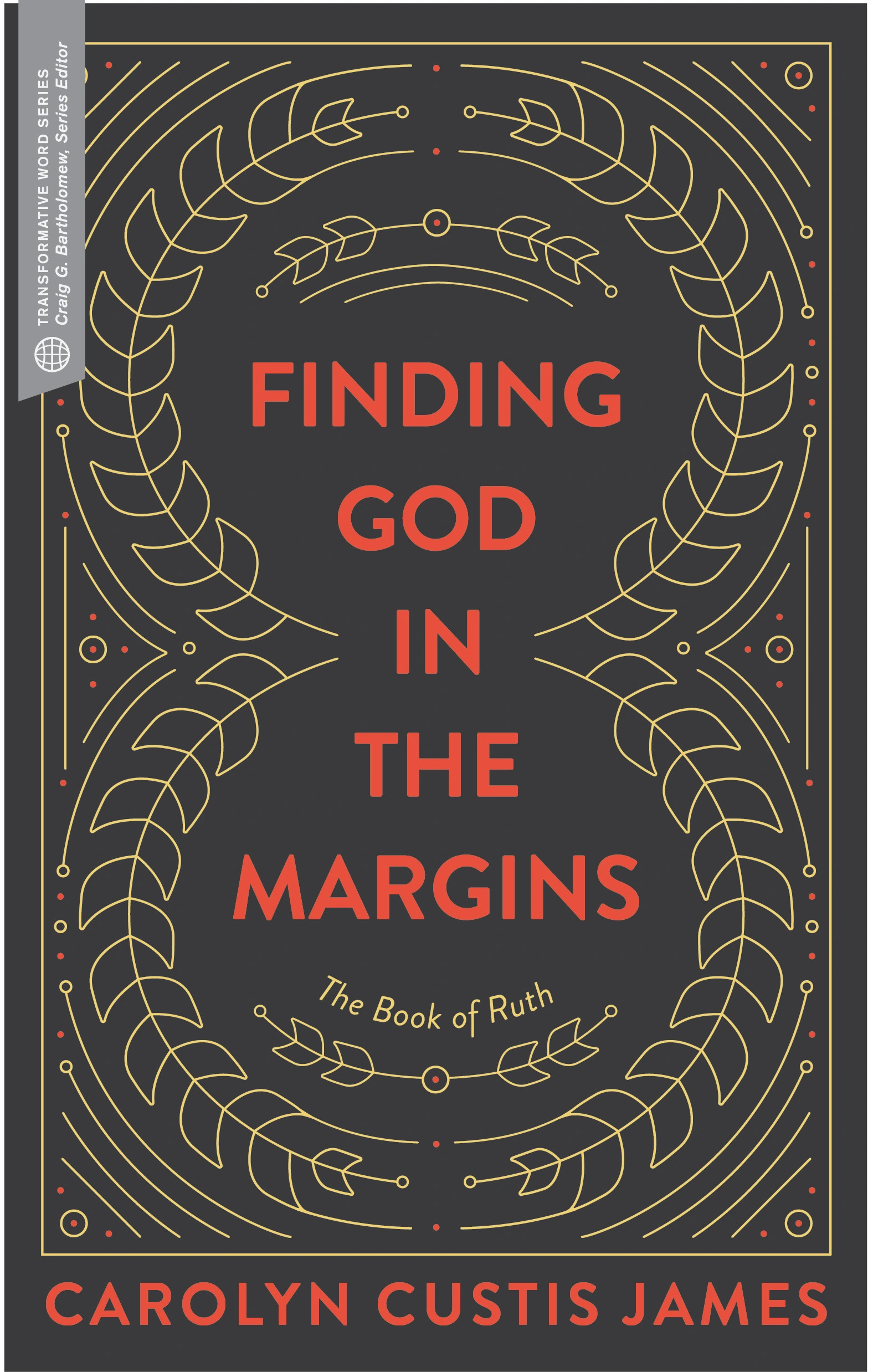
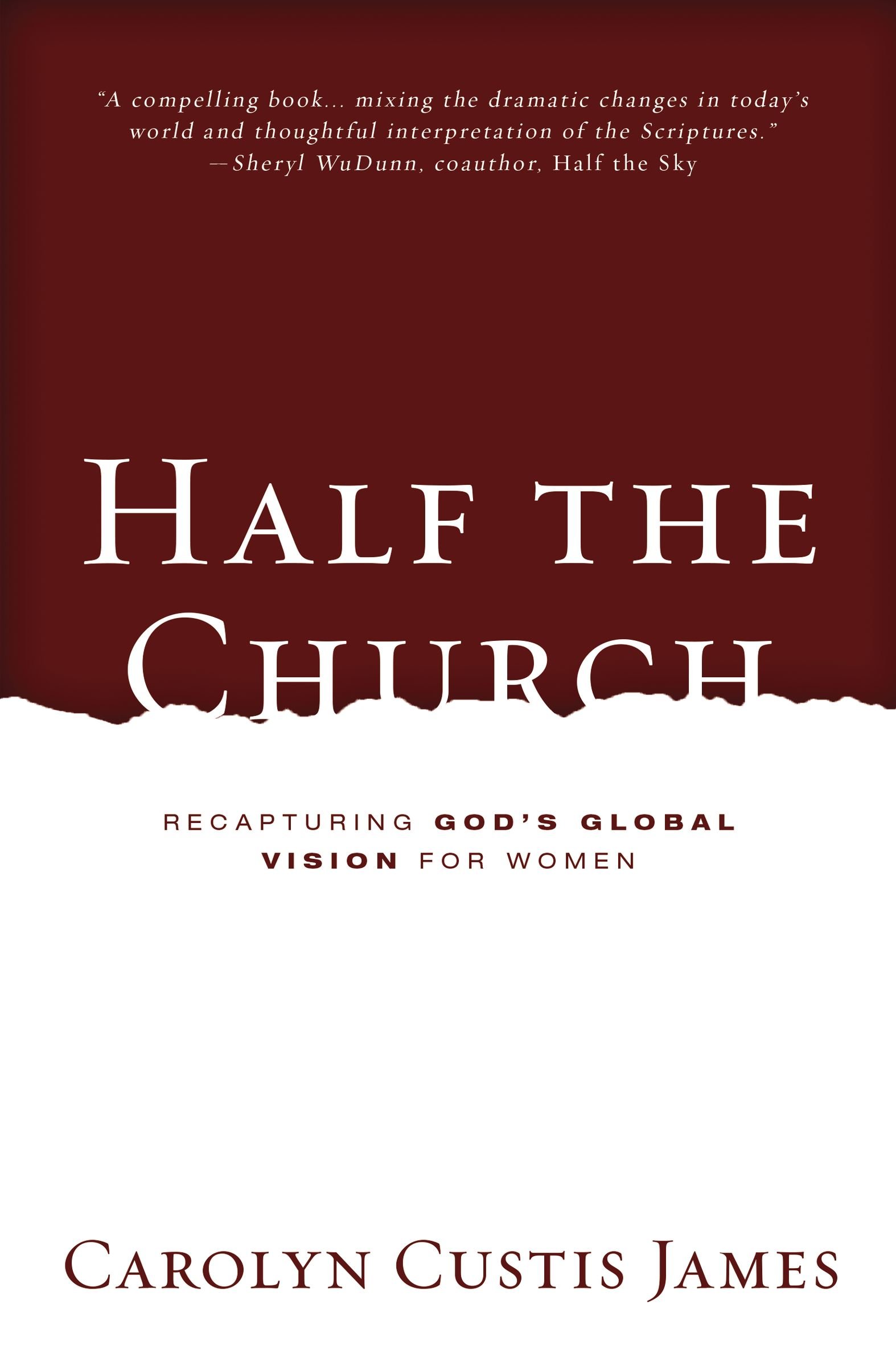
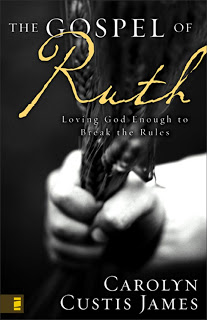
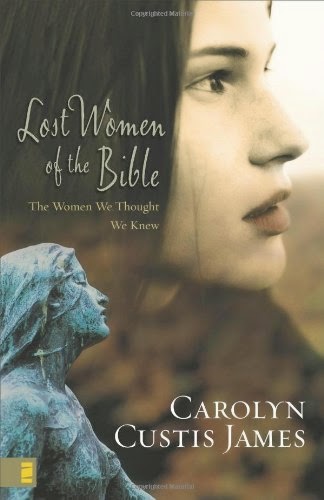






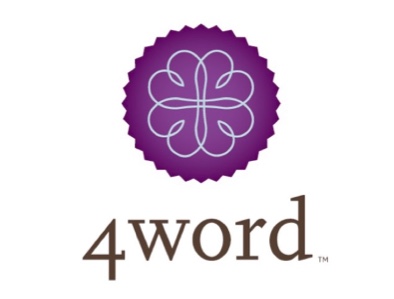
My favorite line about getting things done (imperfectly) is Chesterton's, “A thing worth doing is worth doing badly.”
But really, I loved reading this post b/c I've been meditating on the same thing. As in, I'm looking straight at what I do well and what I don't and contemplating what to do about it.
Then, just this week I talked with a new friend (and potential client) who turned my thinking upside-down.
I wanted to spend some time talking about what I'm good at (what I hoped she'd hire me for), and since we're both Christians my solve-the-problem-before-it-starts nature decided to get around any potential accusations of “Pride” by starting with what I'm *not* good at, so I wouldn't look bad emphasizing my strengths.
Yes, I'm new at this whole self-promotion thing.
Anyway, I'm getting a little choked up despite myself, thinking of the major mess at home and how long it's lasted, and this woman interrupted me.
“Who told you you were no good at that?” she demanded.
I sort of laughed. “No one had to tell me, I said. “It's obvious. I just bring that up to say–“
“Do you remember what God said to Adam in the garden?”
(And this shook me because I'd just been musing on the phrase “Naked and unashamed” the day before.)
“God said, 'Who told you you were naked?' Well? Who told you you were no good?”
And it exploded things in my head.
For starters the fact that God is not the one rubbing-in the obvious. And that maybe the obvious is part of how he made me, and maybe not something he planned for me to be ashamed of.
LikeLike
– From my blog on May 31, 2013 > The 5 Best Things in My Life That I Didn’t Want (at First)<
No. 2–I Didn’t Want to Be A Parent. I’m ashamed to admit I never cared for babies (it seems inhuman). But I was: already with child (even though we’d taken precautions). When the doctor asked me about abortion, we thought of the plans laid before us for the next five years and how they would be altered if we had the child. I told my husband “Love is never convenient.” So we trashed our plans in exchange for the best, most transformative and horrifying experience in the world.
Horrifying, not merely because we were raising a person in a perilous world, but because that new person acts as a walking, but also they are walking, talking reflection of us, or our life at home.
Transformative only when and if we chose to listen closely to the little people—and now and then, the big people who blurt out the truth.
The best because for the first time you understand the unselfish side of love: your child is that person …
As for my 25 year-old self, I understand she was pressed and continually re-sold on the ultimate importance of money/career/ status. And she almost ignored the sage advice: “To be happy at home is the ultimate result of all ambition, the end to which every enterprise and labour tends…”(Samuel Johnson, 1750).
That young Me was somehow saved from her own gullibility—she almost bought the lie and was close to becoming a slave to a job, a career, and other “things-of-value.” Perhaps I suspected that, as Bunyan put it, “It came burning hot into my mind, whatever he said and however he flattered, when he got me home to his house, he would sell me for a slave.”
http://simplycharity.blogspot.com/2013/05/the-5-best-things-in-my-life-that-i.html
LikeLike
I love that Chesterton quote! And I agree with Charity that children are one of God's most powerful tools for transformation. They can make you, and unmake you, and sometimes do both in the span of 15 minutes. They are far from the only tool in God's toolbox, but for power, effectiveness, and efficiency they are hard to beat.
LikeLike
Thanks for addressing “Lean In” from a faith perspective. It's been very helpful.
When my children were young (they're now in their 30's), I read a wise woman's words that she had seen children of Christian stay-at-home moms and children of Christian working moms and neither were all good or all bad. I finally understood that it was not more spiritual to stay at home. A huge hurdle overcome.
Later I realized that in seasons when I worked, my children learned to do things on their own and furthermore, respected my capabilities and pay. In addition, they realized that my purpose in life was not solely for their service. They therefore valued my time with them and we all made the most of it.
When we settle for menial labor instead of continuing to add value to our skills with education, we are not sacrificing, we are being poor stewards of the gifts that God has given us. May we use our limited time wisely and ensure that we are paid as much as possible for the effort we lay out and the energy we sacrifice for work. We need to model a real life for our children and not settle for second-best if better is possible.
May God encourage each mother to love themselves more so that they can give healthy, working examples to their offspring.
LikeLike
As a new mother, I found this chapter particularly intriguing. As my husband and I adjust to the wants of our 6 week old I find myself straddling the bridge of “wanting it all” but accepting what is. I find your story, Carolyn, specifically encouraging. Yes it wasn't easy but through endurance and necessity you continued to develop yourself as a mother, student and employee; perhaps these hats were worn during different season but they were still worn.
In all honesty my biggest fear as being a mother is losing myself in my child. I don't want to wake up when he is 18 and realize I don't know myself anymore, yet I want to be there for my son. As a teacher in NYC i have seen children first hand raised by nanny's. A childhood is a unmatchable experience, our children will only be children once. My deepest concern with this book was the lack of respect given to the children. Yes, she discussed self guilt but there is more to this side of the coin. Our children need time to stop and smell the roses and we need to stop and smell with them. I was basically raised by one partner of my married parents. I have very few memories of the other parent; those memories cannot be given back or recreated. So how can we “have it all” but “not have it all? that's the conundrum isn't it?
LikeLike
Growing up, I was taught the axiom that “a job was not worth doing unless done well”. Consequently, I lived a good part of my life “doing it all” only to realize in the past few years, that “all” meant only those things I could do well. (Thank you for the Chesterton quote – wish I'd heard it sooner!)
2 Corinthians 12:9-10 caught my eye this morning “My grace is sufficient for you, for my power is made perfect in weakness. Therefore I will boast all the more gladly about my weaknesses, so that Christ's power may rest on me. That is why, for Christ's sake, I delight in weaknesses…For when I am weak, then I am strong.”
LikeLike
I am currently reading this book and after 50+ years of thinking I had a real problem with my thinking, I am so glad to know I am not alone in these thoughts. Last week I acknowledged at a church function that the rumor of me looking for a job was true and that although I loved my family and my kids, there was more to me than that. No one knew what to say.
LikeLike
I just came across this article. Interesting critique on Lean In and the gender issue.
http://m.theatlantic.com/magazine/archive/2013/07/the-masculine-mystique/309401/?single_page=true
LikeLike